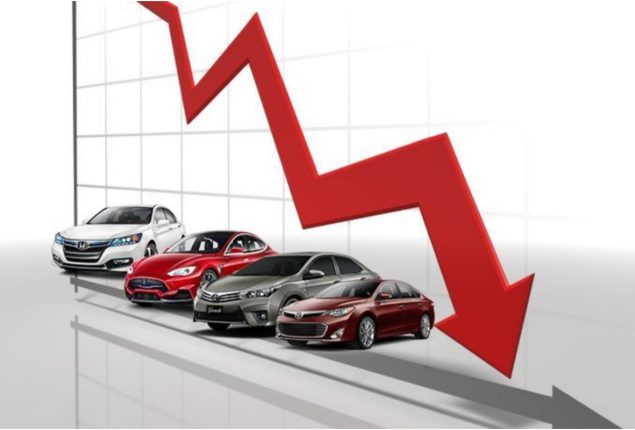Pakistan Automotive Sector Seeks Immediate Policy Reforms
In the face of challenging times for the automotive sector, industry analysts...

Auto Industry in Pakistan
In a recent report released by the Pakistan Automobile Manufacturing Association (PAMA), the nation’s automotive industry is grappling with a significant downturn in car sales during the first four months of the current financial year, 2023–24. The data paints a stark picture, revealing a staggering 47.4% drop in sales compared to the same period last year.
From July to October 2023–24, only 20,871 cars were sold, a sharp decline from the 39,700 units sold in the corresponding months of the previous year. This downturn has sent shockwaves through the industry, prompting a closer look at individual car models and their respective sales performances.
The figures for Honda Civic and City are particularly alarming, with sales plummeting by 65%, from 6,416 units in July–October 2022–23 to a mere 2,239 units during the same months this year.
Toyota Corolla and Yaris also experienced a significant decline, witnessing a 51% decrease as sales dropped from 8,253 units to 4,032 units. This downturn adds to the challenges faced by Toyota in an already competitive market.
Suzuki Swift, a popular choice among consumers, saw its sales decrease by 55%, falling from 3,466 units to 1,576 units. Furthermore, Suzuki Cultus sales dropped to 1,142 units from 2,952 units, marking a 61% decrease. The sales of the Suzuki WagonR also declined to 1,160 units from 2,181 units, representing a 47% drop.
The Suzuki Alto, a key player in the small car segment, experienced a 30% decline in sales, dropping from 13,464 units to 9,362 units. Additionally, the sales of the Suzuki Bolan hit a new low at 684 units, down from 1,469 units in the same period last year.
The sharp decline in car sales is a cause for concern for both automakers and consumers. Industry experts attribute this slump to various factors, including economic challenges, rising fuel prices, and ongoing global supply chain issues, which have impacted the availability of certain vehicle components.
This downturn raises questions about the resilience of the automotive sector in the face of economic uncertainties. It also highlights the need for industry stakeholders to collaborate and strategize to revive consumer confidence and stimulate demand in the coming months.
As the industry navigates these challenging times, stakeholders, including manufacturers, dealerships, and policymakers, will need to work together to formulate effective solutions and policies that can rejuvenate the automotive sector and propel it towards recovery.
Catch all the Business News, Breaking News Event and Latest News Updates on The BOL News
Download The BOL News App to get the Daily News Update & Follow us on Google News.